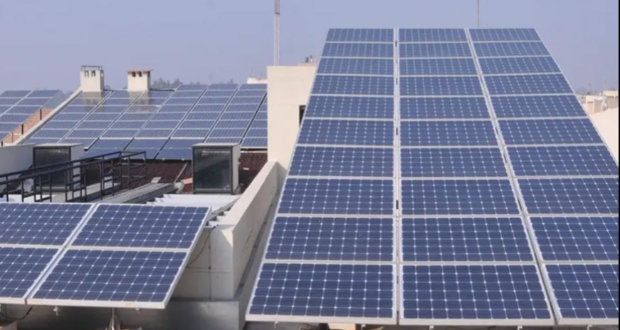Imagine slashing your electricity bills, embracing sustainability, and fueling your electric vehicle—all thanks to the PM Surya Ghar Muft Bijli Yojana. But amidst this bold vision, questions linger: Can rooftop solar (RTS) truly revolutionise our energy landscape? Are the benefits worth the challenges? This article delves into the promise and the pitfalls of this groundbreaking initiative, illuminating the path to a brighter, greener future.
On 29 February 2024, the Cabinet approved the PM-Surya Ghar Muft Bijli Yojana, a groundbreaking initiative aimed to provide up to 300 units of free electricity per month by installation of RTS panels in one crore households at a total cost of INR 75,021 crore. Launched by the Prime Minister on 13 February 2024, the scheme will provide substantive subsidies directly to people's bank accounts and offer heavily concessional bank loans to ensure no cost burden on the people, resulting in an annual saving of INR 15,000-18,000 per year.
Imagine slashing your electricity bills, embracing sustainability, and fueling your electric vehicle—all thanks to the PM Surya Ghar Muft Bijli Yojana.
This visionary initiative synchronises with India's ambitious target of achieving 500 gigawatts (GW) of non-fossil fuel-based energy by 2030, positioning it as the world’s largest expansion plan in renewable energy. This aligns seamlessly with the remarkable growth witnessed in India’s solar energy sector in recent years.
India’s solar energy sector has witnessed significant growth, with installations increasing from 2.63 GW to 49 GW in the last seven years. It ranks 4th globally in terms of solar power capacity, which has increased by 30 times over the last nine years, reaching 74.30 GW as of January 2024. The country’s estimated solar energy potential stands at an impressive 748 GW. Overall, India’s solar energy sector plays a crucial role in the nation’s sustainable energy goals.




